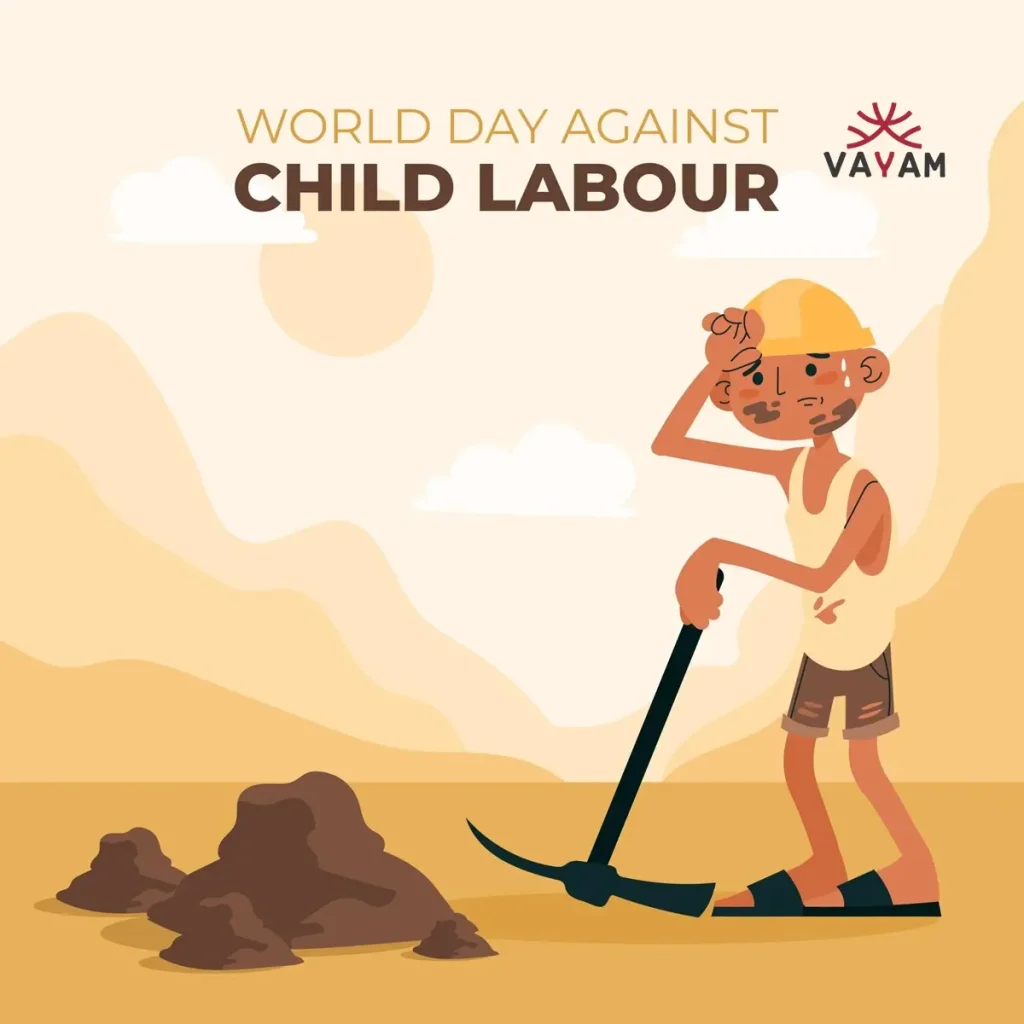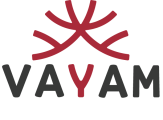
Child labour remains one of the most pressing global issues, affecting millions of children across industries. As consumers and stakeholders become increasingly aware of ethical practices, verifying whether a business is truly child labour-free has become essential.
This blog will guide you through practical steps to assess business practices, identify potential risks, and ensure that your support aligns with ethical standards.
Why Verifying Child Labour-Free Practices Matters
Child labour not only exploits vulnerable children but also violates international human rights and labour laws. Supporting businesses that engage in such practices perpetuates harm and undermines efforts to create a fair and just society. Here are some common pain points faced by consumers:
- Lack of transparency: Many businesses fail to disclose their supply chain practices, leaving consumers uncertain about their ethical standing.
- Complex supply chains: Child labour is often hidden in subcontracting or informal sectors, making it challenging to detect.
- Reputational risks: Supporting unethical businesses can harm your personal or organizational reputation.
By learning how to verify a business’s claims, you can make informed decisions that contribute to a better future for children worldwide.
Steps to Verify If a Business Is Truly Child Labour-Free
1. Understand What “Child Labour-Free” Means
Before diving into verification, it’s crucial to understand what constitutes child labour. According to the International Labour Organization (ILO), child labour involves work that deprives children of their childhood, education, or health. This includes hazardous work and employment below the legal minimum age.
Businesses claiming to be child labour-free must comply with international standards, such as:
- No employment of individuals under the age of 15 (or higher if national laws dictate).
- No hazardous work for individuals under 18.
- No exploitation through excessive hours or unsafe conditions.
2. Look for Public Commitments
Ethical businesses often make public declarations about their stance on child labour. Check whether the company has:
- A clear code of conduct prohibiting child labour.
- Membership in organizations like the Fair Labor Association (FLA) or adherence to ILO standards.
- Published reports on their corporate social responsibility (CSR) initiatives.
A lack of transparency in these areas may signal potential risks.
3. Investigate Supply Chains
Child labour is frequently hidden in supply chains, especially in industries like agriculture and manufacturing. To verify a business’s claims:
- Request information about their suppliers and subcontractors.
- Look for evidence of regular audits conducted by third-party organizations.
- Check whether the company has mapped out risks in its supply chain and implemented monitoring systems.
4. Assess Certifications
Certifications can be an indicator of ethical practices. Look for recognized certifications such as:
- Fair Trade: Ensures ethical sourcing and production.
- SA8000: Focuses on social accountability, including child labour prevention.
- WRAP Certification: Covers responsible manufacturing processes.
However, remember that certifications should be cross-referenced with independent reviews or audits.
5. Examine Training Programs
Businesses committed to eradicating child labour often train their employees and supply chain partners on identifying and addressing risks. Check whether the company provides:
- Training sessions for recruiters and suppliers.
- Ongoing communication about zero-tolerance policies towards child labour.
This demonstrates proactive measures rather than mere compliance.
6. Monitor Industry-Specific Risks
Certain industries are more prone to child labour than others. For example:
- Agriculture: Seasonal hiring increases risks during peak harvest periods.
- Manufacturing: Subcontracting often leads to informal hiring practices.
Research industry-specific challenges and see how the business addresses them.
7. Review Independent Reports
Independent organizations like Human Rights Watch, Fair Labor Association, or BSR publish reports on companies’ ethical practices. These reports often include:
- Findings from audits.
- Compliance benchmarks.
- Recommendations for improvement.
Such resources provide an unbiased view of a company’s operations.

Read More
How to Find and Support NGOs That Save Girl Children
The Role of MGNREGA in Reviving Dying Handicraft Industries
Red Flags to Watch Out For
While verifying claims, keep an eye out for warning signs that may indicate unethical practices:
- Lack of transparency: Businesses unwilling to share supply chain details or audit results may have something to hide.
- Inconsistent policies: A company claiming ethical practices but failing to enforce them across all tiers of its supply chain raises concerns.
- Low prices: Extremely low product prices can indicate exploitation within the supply chain, including child labour.
What You Can Do as a Consumer
As a consumer, you have the power to drive change through your choices. Here’s how you can contribute:
- Support Ethical Brands: Choose businesses with proven commitments to eradicating child labour.
- Advocate for Transparency: Demand clear information about supply chains and ethical practices from companies you support.
- Spread Awareness: Share knowledge about child labour-free businesses within your network.
By taking these actions, you encourage businesses to prioritize ethical practices.
Conclusion
Verifying whether a business is truly child labour-free requires diligence, research, and awareness. By understanding industry standards, investigating supply chains, assessing certifications, and monitoring independent reports, you can make informed decisions that align with your values.
Every purchase you make sends a message—let it be one that supports fairness and justice for children worldwide. Together, we can contribute to eradicating child labour and creating a brighter future for all.
This blog is designed not only as an informational guide but also as an actionable resource for readers who want to make ethical choices while supporting businesses committed to human rights standards.
